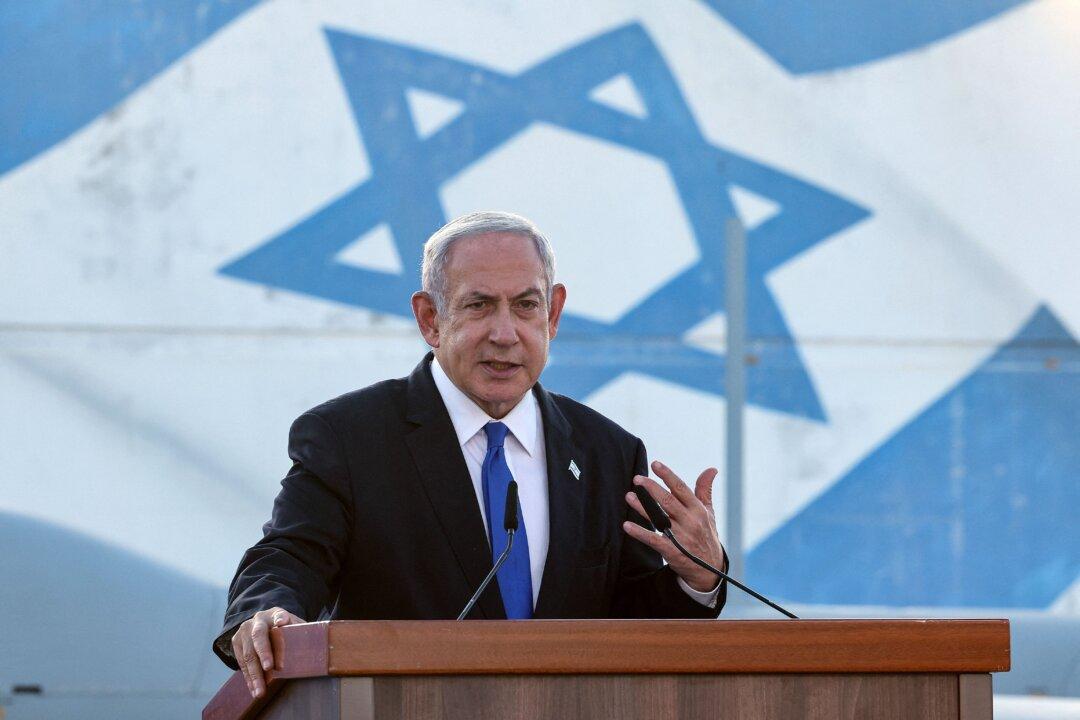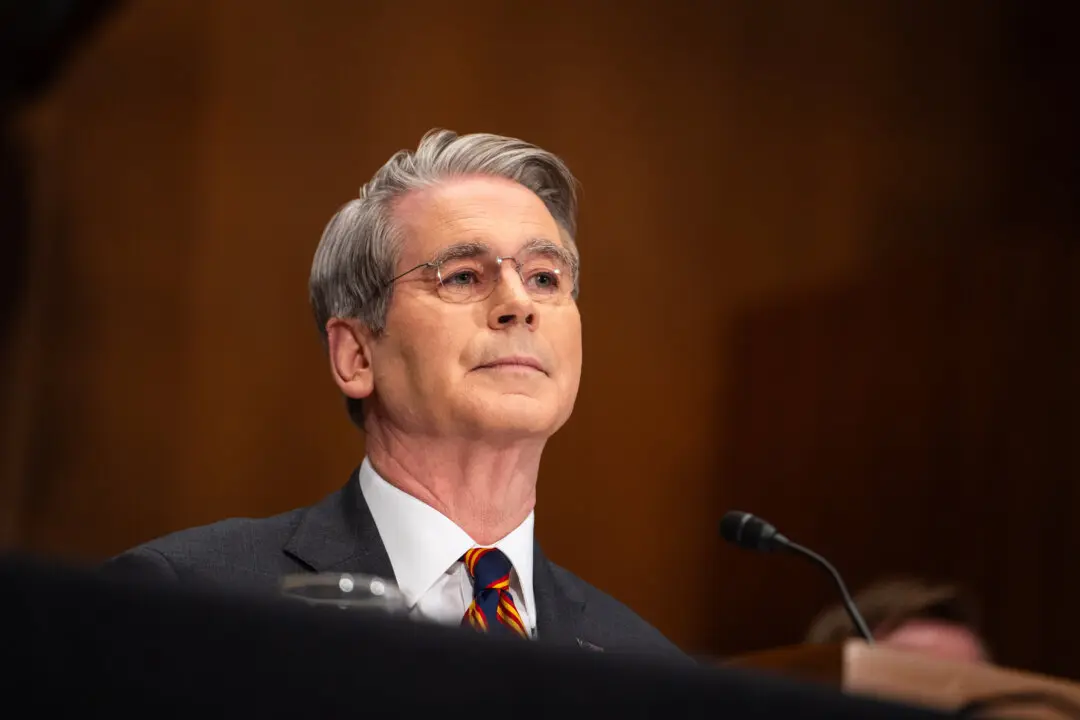Israeli Prime Minister Benjamin Netanyahu on Sunday said that members of Hamas should surrender and said it’s the “beginning of the end” for the designated terrorist organization.
“In recent days, dozens of Hamas terrorists have been surrendering to our forces,” Mr. Netanyahu said in a televised address, according to a translation. “They are laying down their weapons and handing themselves over to our heroic fighters.”





